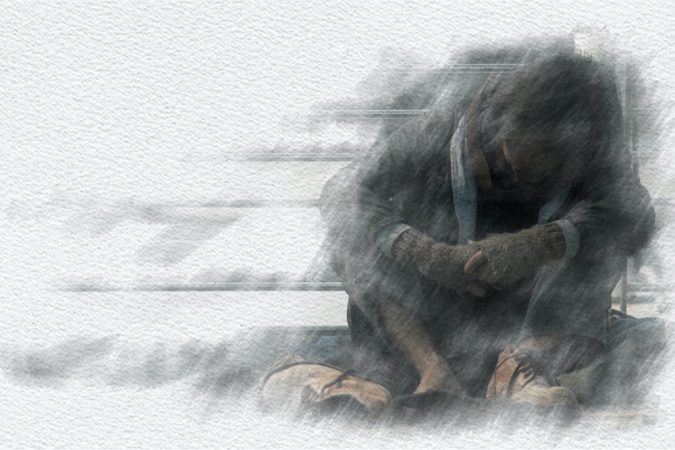
While Re-Entry Alliance of Pensacola struggles to clean up the management mess at its city-funded homeless camp on Blount Street behind Baptist Hospital, Alfred Washburn Center director Mike Kimberl has run the Satoshi Forest camp since 2013.
I asked him on WCOA this morning about the challenges of running a successful homeless camp.
“The basic theory behind it is that we’re trying to get people out of the tyranny of the moment, or survival mode as some people call it, and so we’re trying to help provide them with a safe place to be, a good night’s sleep, a place they can store their belongings and have basically a base camp to work out of. Instead of focusing on survival, focusing on what it takes to get them out of the situation that they find themselves in,” said Kimberl.
For years, Kimberl had to fight the county to keep the Satoshi Forest open. Attorney Will Dunaway helped them win the legal battles.
“I think our biggest challenge was perception. Was what is it going to look like? Who are we going to allow out there?” he shared. “And so there was a lot of fear of what it would look like. And our biggest concern was the concern of the neighborhood as well in the surrounding areas, that we’re putting our name behind this and we don’t want the reputation of creating a pirate den inside of our community.”
Kimberl continued, “I think a lot of that perception has been alleviated over the years as they have seen what we’ve done and who we have out there, and heard success stories of people getting back on their feet. And so I want to believe that we’ve gone through the gauntlet, gotten beat up and come out the other end, and now, we’re able to use this as a good working model for moving forward in our community in the future.”
Mayor Grover Robinson has talked about a three-tier solution in dealing with homelessness. The first step being the REAP camp, then its Max-Well Center and a transition to more permanent housing.
Kimbrel recommended a multi-faceted approach. “I’ve always been a diversity of tactics person and so I think we need all of that and more, and I would like to see it as a distributed network across our community to lessen the impact.”
He added, “I feel like if we put too many facilities in one area or too large of a facility, it’ll have a massive impact on that community, especially with things like campgrounds and things like that. I think once you start getting into apartment complexes and stuff, you’re able to put more people together because they have a door they can lock. But when you have a facility that has a lot of coming and going or releasing people in the morning, that has an impact to a community and we need to consider that when we’re making these plans on where this infrastructure should go.”



